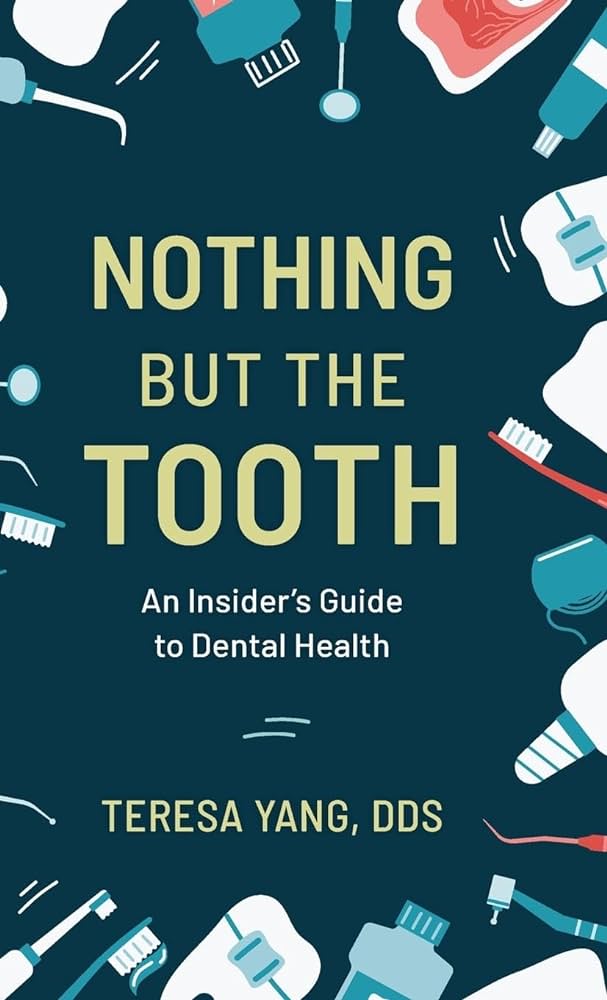Introduction
Cosmetic dentistry has gained immense popularity in recent years, with more and more people seeking to enhance their smiles and improve their overall appearance. While the field offers numerous benefits, it is essential to consider the ethical implications associated with cosmetic dental procedures. This article explores the ethical considerations that both dentists and patients should keep in mind when engaging in cosmetic dentistry.
1. Informed Consent
One of the fundamental ethical principles in cosmetic dentistry is obtaining informed consent from patients. Dentists must ensure that patients fully understand the risks, benefits, and potential outcomes of the proposed treatment. This includes discussing alternative options and potential complications, allowing patients to make an informed decision about their dental care.
2. Patient Autonomy

Respecting patient autonomy is crucial in cosmetic dentistry. Dentists should prioritize the patient’s desires and goals, ensuring that they have a say in the treatment plan. While providing professional guidance, dentists should not impose their personal preferences on patients, allowing them to make choices that align with their values and preferences.
3. Realistic Expectations
Setting realistic expectations is vital to avoid potential ethical dilemmas. Dentists should educate patients about the limitations of cosmetic dentistry and manage their expectations accordingly. Unrealistic expectations can lead to dissatisfaction and disappointment, which may have negative consequences for both the patient and the dentist.
4. Quality of Care
Ensuring the provision of high-quality care is an ethical obligation for dentists. Cosmetic dentistry procedures should meet professional standards and guidelines, with dentists continuously updating their skills and knowledge. This includes using safe materials, adhering to infection control protocols, and maintaining a sterile environment to protect the patient’s health and well-being.
5. Financial Considerations
Financial considerations can pose ethical challenges in cosmetic dentistry. Dentists should provide transparent and accurate information about the costs involved in the treatment, including any potential additional expenses. It is essential to avoid overcharging or pressuring patients into unnecessary procedures for financial gain, ensuring that the patient’s best interests are always prioritized.
Summary
Cosmetic dentistry, a rapidly growing field, presents ethical challenges that dental professionals must navigate. This blog post delves into the ethical considerations surrounding cosmetic dentistry, emphasizing the significance of patient autonomy, informed consent, and the dentist’s duty to prioritize oral health. By understanding and addressing these ethical concerns, dental professionals can ensure that they provide the best possible care while respecting their patients’ rights and well-being.
- Q: What are the ethical considerations in cosmetic dentistry?
- A: Ethical considerations in cosmetic dentistry include ensuring informed consent, prioritizing patient health over aesthetic concerns, maintaining professional integrity, and providing honest and accurate information about treatment options.
- Q: How can informed consent be ensured in cosmetic dentistry?
- A: Informed consent can be ensured by thoroughly explaining the risks, benefits, and alternatives of cosmetic dental procedures to patients, allowing them to make an informed decision about their treatment.
- Q: Why is prioritizing patient health over aesthetic concerns important?
- A: Prioritizing patient health over aesthetic concerns is important because it ensures that the dental procedures performed are safe and beneficial for the patient’s overall oral health, rather than solely focusing on improving appearance.
- Q: What does maintaining professional integrity mean in cosmetic dentistry?
- A: Maintaining professional integrity in cosmetic dentistry involves adhering to ethical standards, being transparent about qualifications and experience, and providing honest recommendations based on the patient’s best interests.
- Q: How important is it to provide honest and accurate information about treatment options?
- A: Providing honest and accurate information about treatment options is crucial as it allows patients to make informed decisions, understand potential risks, and have realistic expectations about the outcomes of cosmetic dental procedures.

Welcome to my website! My name is Noah Keating, and I am a dedicated and passionate Dental Assistant with extensive experience in the field. I am thrilled to share my knowledge and expertise with you through this platform, focusing on topics such as Dental Ethics, Gum Grafting, Toothpaste, and Root Canals.



